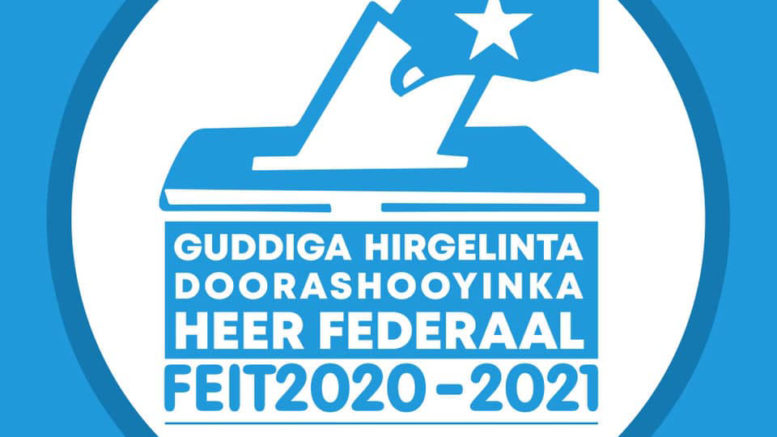A key IMF-supported programme funding military wages and other essential services in Somalia could expire in May if there are any further delays to elections, the chief International Monetary Fund representative in the country said.
Riven by civil war since 1991, the impoverished Horn of Africa nation has paid its bills since 2017 thanks to the IMF as it slowly rebuilds its institutions despite a ferocious Islamist insurgency.
The current three-year budget programme, worth nearly $400 million, is also a required part of a deal to slash Somalia’s debt from more than $5 billion to around a 10th of that.
But the programme will terminate automatically if a new government is not in place to conclude a review of it by May 17, Laura Jaramillo, the IMF mission chief for Somalia, told Reuters.
“It will impact the government’s functioning and could have broader implications,” she said, referring to the risk that much-delayed elections are not completed in time to renew the deal.
Somalia’s Finance Minister Abdirahman Beileh, however, dismissed those concerns.
“We are confident that elections will be concluded in time so as to not affect the reform programme,” he said. “There have been no major challenges in meeting the IMF conditions thus far, and we do not anticipate any.”
Elections had been scheduled for a year ago but were delayed when President Mohamed Abdullahi Mohamed tried to extend his four-year term by two years, a move thwarted by parliament.
DELAY HITS FINANCES
Voting for lawmakers – who will then choose the president – began on Nov. 1. It was supposed to end on Dec. 24, but now may finish on Feb. 25.
The delay, exacerbated by a months-long dispute between the president and prime minister, has already hit finances.
Somalia expected $170 million in budget support last year but only got $38 million, the IMF said. The government covered the shortfall with new allocations that the IMF gave all members under pressure from COVID-19. But those could run out soon.
“That is when we will start to see the pressures mounting,” Jaramillo said.
Expiry of the IMF programme would also halt Somalia’s journey to debt forgiveness. Under the 2020 deal, approved by the World Bank and the IMF, Somalia’s debt was reduced to $3.7 billion, or 63% of GDP, from $5.2 billion or 89% of GDP.
If completed next year, debt should drop to $557 million or 6% of gross domestic product.
“It is a dramatic debt forgiveness and Somalia is close to reaching that goal,” said Jaramillo.
Somalia’s economy is expected to have grown by 2% last year, the IMF said, thanks to household consumption driven by increased remittances and new export markets for goods. It should expand by 3.2% this year if political challenges are resolved, the fund said.
Apart from budgetary support, the IMF programme also allows other development partners to offer financing to Somalia.
The debt relief programme has enabled the government to run a cash transfer scheme to vulnerable households battling drought, COVID-19 and insecurity.
Discover more from Idil News
Subscribe to get the latest posts sent to your email.


